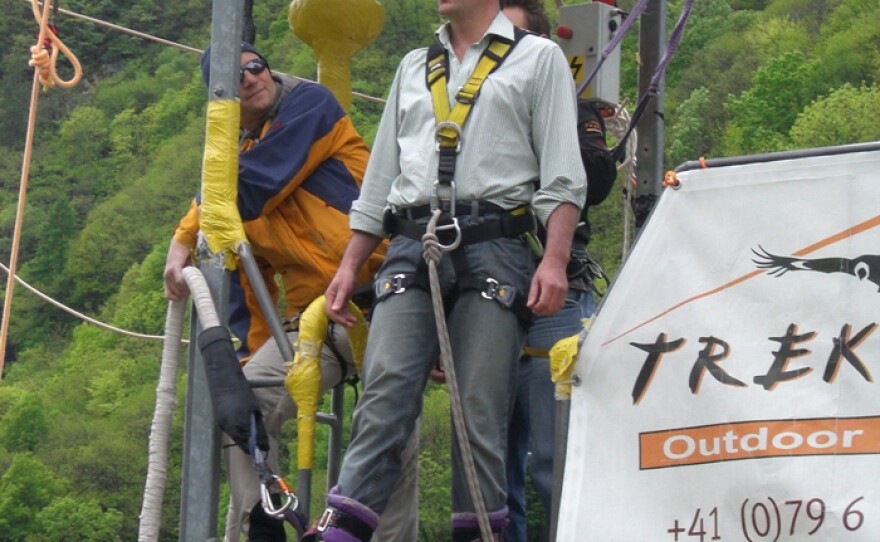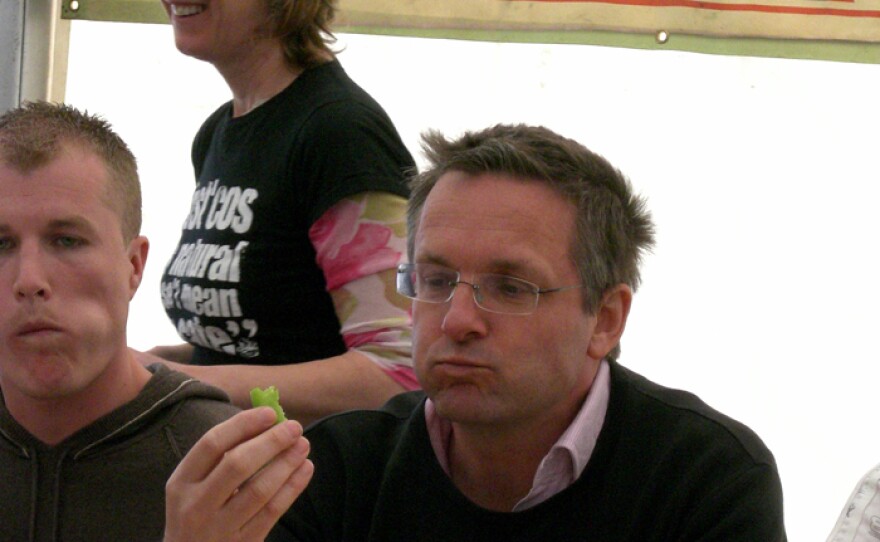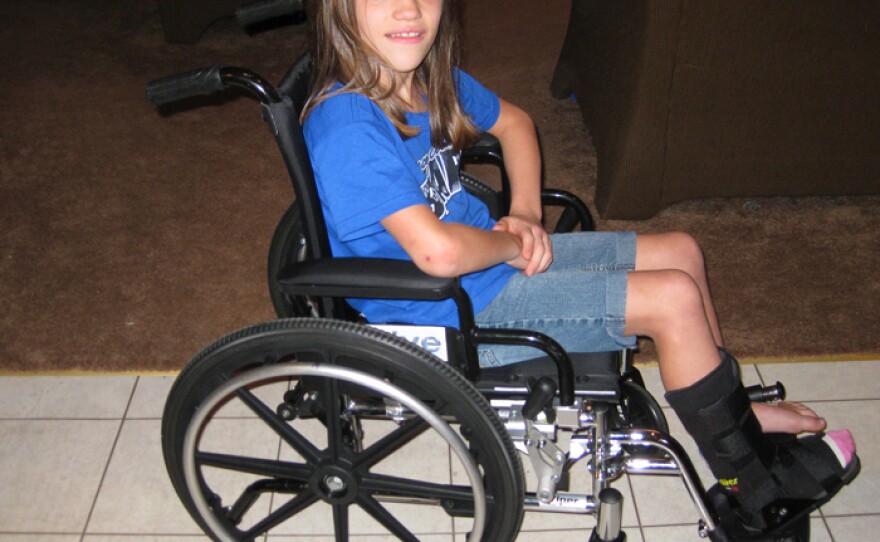With his customary wit, wisdom and willingness to get involved, Michael Mosley gets to grips with the fascinating worlds of pleasure and pain.



Teasing out the precise neural circuitry that allows us to experience pleasure, Michael discovers how pleasure is at the root of our ability to make sense of the world, and how it reinforces healthy behaviors, such as eating, having sex and keeping warm.
In this program, Michael talks to new parents high on the pleasure hormone oxytocin; challenges his fear of heights with the thrill-seekers who jump 220 meters off a dam for fun; and meets a woman who turned her own wedding into a science experiment to try and find out how much pleasure she was feeling.
He also investigates the inextricable link between pleasure and pain, eating a year’s worth of chocolate to investigate the precise moment when pleasure turns to pain and finding out what effect a reward has on our ability to tolerate pain.
Pain is a part of everyday life but it remains a mysterious, subjective phenomenon, dependent on our ability to articulate it. The film asks why we have such individual pain thresholds and reveals how our genes and external events can have a massive effect on how we experience it.
Find out how people cope in extreme pain scenarios, such as the man who cut off his arm when he became trapped in farm machinery; and what happens when we eat the hottest chilli in the world. Michael gamely takes part in a chili-eating competition, hoping that the promised endorphins will kick in quickly!
But if pain is so unpleasant, why do we feel it? Ten-year-old Ashlyn suffers from an incredibly rare genetic disorder that means she can’t feel pain. Her parents must take extraordinary measures to make sure she stays safe and survives to adulthood.
Through a barrage of experiments and interviews, this engaging documentary sheds light on a universal subject, ultimately asking: how can we get the most pleasure in our lives?
A BBC production
Follow @DrMichaelMosley on Twitter.





